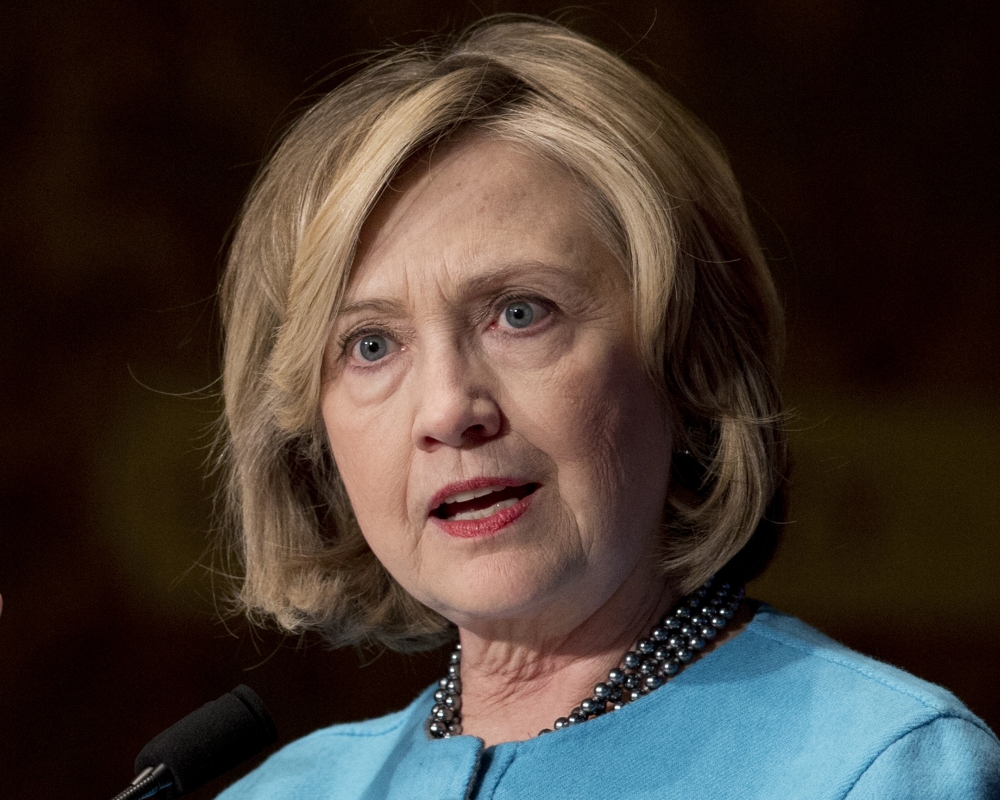WASHINGTON — The Obama administration said Friday it will apply the legal provisions of the Freedom of Information Act to determine what parts of Hillary Rodham Clinton’s official emails when she was secretary of state will be released publicly from her private account. The law contains nine exemptions to censor or withhold parts of records.
The decision means that any finding by State Department reviewers that her private emails included classified or otherwise sensitive data would be indicated, even if the information is marked out. Under that law, reviewers need to specify which of the nine exceptions they’re citing to censor a passage.
Clinton’s extensive use of her own email account and private server has raised questions in the buildup to her expected presidential campaign about whether she adhered to the letter or spirit of accountability rules. Clinton has asked for the full ledger of her work-related correspondence to be made public, a process the State Department said could take months. The emails comprise 55,000 pages.
On Friday, State Department spokeswoman Marie Harf said the agency was focused solely on facilitating the emails’ public release, not on any examination of possible wrongdoing by Clinton.
She said no law prohibited the former first lady from using her own email account while in government, even exclusively for official business. She suggested a 2011 cable sent from Clinton’s office offered only a general recommendation to staff about not using private accounts.
The cable read: “Avoid conducting official Department business from your personal e-mail accounts.”
Harf said, “This cable, in general, is talking about guidance on best practices, colloquial guidance for people when it came to personal email.”
“This is certainly not a regulation or a policy,” Harf said, calling the suggestion that Clinton didn’t follow her own best practices an “oversimplification of what’s going on here.”
The issue may be more pertinent to politics than law. The idea of the secretary of state failing to follow recommendations that applied to the rest of her department could reinforce perceptions among some voters that Clinton played by a different set of rules. It could open her to criticism about how she fulfilled a legal requirement to preserve all her emails.
Clinton’s private email practices gave her unusually large control over access to her message archives, potentially complicating the State Department’s legal responsibilities in finding and turning over official emails in response to any investigations, lawsuits or public records requests.
On Wednesday, Clinton said on Twitter: “I want the public to see my email. I asked State to release them.”
Under the Freedom of Information Act, also known as FOIA, the government can censor or withhold emails to protect information that would hurt national security, violate personal privacy or expose business secrets or confidential decision-making in certain areas. It cannot block documents merely on the basis that they are embarrassing or expose government incompetence or malfeasance.
Send questions/comments to the editors.



Success. Please wait for the page to reload. If the page does not reload within 5 seconds, please refresh the page.
Enter your email and password to access comments.
Hi, to comment on stories you must . This profile is in addition to your subscription and website login.
Already have a commenting profile? .
Invalid username/password.
Please check your email to confirm and complete your registration.
Only subscribers are eligible to post comments. Please subscribe or login first for digital access. Here’s why.
Use the form below to reset your password. When you've submitted your account email, we will send an email with a reset code.